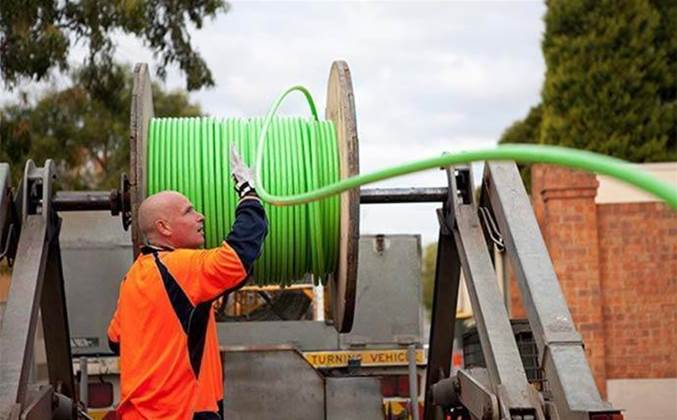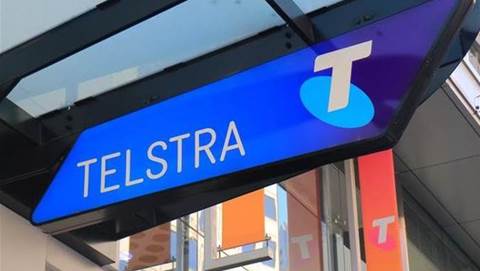Vocus has renewed pressure on NBN Co to dump the connectivity virtual circuit (CVC) construct, adopting the language of past critics in labelling CVC a “download tax” that inhibits network use.

The telco released the introduction of its submission to the closed-door NBN wholesale pricing review, but held back key details of its proposal.
Vocus is the second retail provider to ask NBN Co to kill the CVC as part of the review; Vodafone Australia made the same call in a submission of its own that was selectively released last week.
Earlier this month, Vocus indicated it would use the NBN inquiry to lobby for cheaper entry-level broadband pricing, countering the evaporation of affordable offers over the past two years.
Its submission mentions it wants to keep the current speed tiers, but gear 12Mbps and 25Mbps services to “affordable” uses while reserving 50Mbps and 100Mbps for “premium” users.
It is currently near-impossible to sell new 12Mbps broadband services - Vocus stopped doing so in April. In addition, 25Mbps services are hard to sell because they cost as much as 50Mbps services.
A major proposal not captured in prior comments is that Vocus wants to see the CVC construct abolished altogether.
CVC is a fee levied by NBN Co for offloading traffic from the NBN to the retail service provider’s network.
The construct has been massively contentious for years. At one point, CVC charges led retail providers to buy so little CVC per user per month that the quality and performance of all services suffered as a result.
NBN Co mostly solved that by bundling a minimum amount of CVC - more than retail providers typically bought - with every new plan sold.
However, that came with a substantial price hike, and users that couldn’t afford it were left with lesser-performing services, a divide characterised by iTnews as creating two classes of NBN user.
Over the years, industry executives have called for the CVC construct to be scrapped altogether, arguing its removal would unconstrain the NBN and encourage greater take-up and use in line with user demand for broadband services.
Telecommunications entrepreneur Bevan Slattery infamously called "the CVC charge congestion tax ... galactically stupid pricing” on NBN Co’s part.
Vocus used its wholesale price review submission to NBN Co to argue CVC would ultimately cause broadband prices in Australia to keep rising.
“CVC is a download tax. It is a completely artificial tax, which creates scarcity where there is none,” Vocus said.
“It incentivises broadband retailers to ration data consumption, rather than maximise it.
“If NBN Co were market-led, pricing would be set to promote consumption, not ration it. NBN Co’s prices encourage higher speeds but discourage higher consumption. [The company] is driving with its foot on the accelerator and the brakes at the same time.”
Vocus argued that once the network is built and the so-called ‘land grab’ for user sign-ups is over, “retailers will adjust pricing in pursuit of improved margins, making retail price increases inevitable.”
Those fears aren’t unfounded: Optus has twice raised its NBN prices in quick succession, in part to pay for more CVC to improve users’ service performance.
Vocus also used its submission to call for “discounts, non-recurring charges and rebates” from NBN Co to be “eliminated”.
Currently, NBN services are sold with a web of discounts and offers in force.
Vocus argued that this went against industry best-practice, under which telcos are moving to simplify products and remove complexity.
“The retail broadband market is embracing simplicity – RSPs [retail service providers] are offering fewer products which consumers find easier to understand,” Vocus said.
“NBN Co’s monopoly pricing is the opposite – [it] is offering more products with greater complexity, which RSPs find challenging to manage.
“The complex web of discounts, non-recurring charges and rebates also has the effect of favouring retailers with larger market shares, to the detriment of challengers.”


















.png&h=141&w=208&c=1&s=1)

